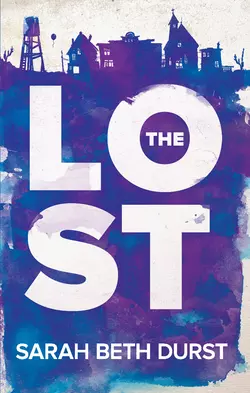The Lost

Sarah Durst
Тип: электронная книга
Жанр: Современная зарубежная литература
Язык: на английском языке
Стоимость: 152.29 ₽
Статус: В продаже
Издательство: HarperCollins
Дата публикации: 16.04.2024
Отзывы: Пока нет Добавить отзыв
О книге: Brilliantly riveting. * Thought-provoking and stirring. **Award-winning author Sarah Beth Durst has been praised for her captivating novels that merge the darkly imagined with very real themes of self-discovery and destiny. In The Lost, we′ll discover just what it means to lose one′s way….It was only meant to be a brief detour. But then Lauren finds herself trapped in a town called Lost on the edge of a desert, filled with things abandoned, broken and thrown away. And when she tries to escape, impassible dust storms and something unexplainable lead her back to Lost again and again. The residents she meets there tell her she′s going to have to figure out just what she′s missing–and what she′s running from–before she can leave. So now Lauren′s on a new search for a purpose and a destiny. And maybe, just maybe, she′ll be found….Against the backdrop of this desolate and mystical town, Sarah Beth Durst writes an arresting, fantastical novel of one woman′s impossible journey…and her quest to find her fate.*Booklist, starred review, for Vessel**Kirkus Reviews, starred review, for Vessel